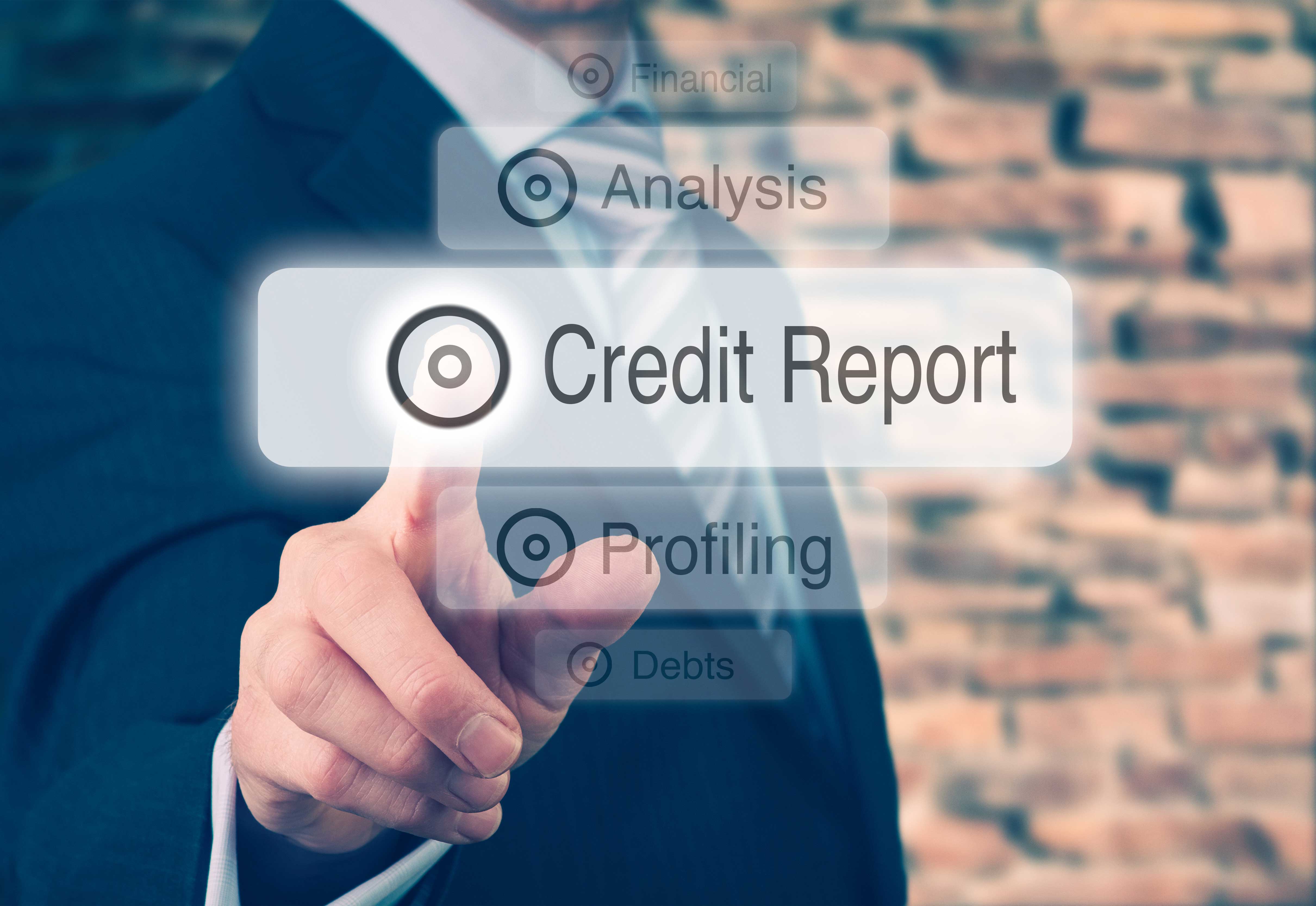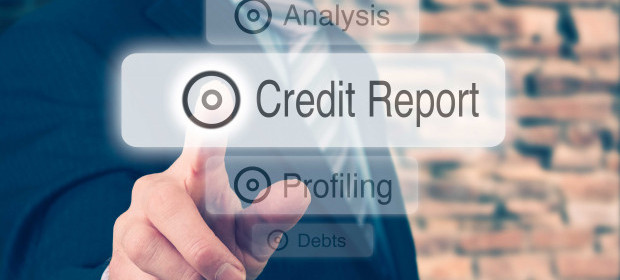Recent research by CreditSmart found almost nine in ten Australians (88%) understand that banks and lenders check their credit report when they apply for a loan or credit.
However, there was considerable confusion about what a credit report actually contains and what credit providers look for when checking your credit report.
Time to do some “true-or-false” myth busting. Here are some of the items people believe are in their credit report:
Loan defaults
Your credit report will show if you have missed your payments by at least 60 days, which is when an overdue payment is considered to be a default.
Before reporting the default, your credit provider must have written to you twice to request payment and to warn you that they are about to report the default. A default will remain on your credit report for five years, even if you’ve now repaid the debt, and will make it much harder for you to get a loan or credit card in that time.
If you have had a default listed, you can still improve your credit report a little by making sure the debt is paid or settled. If that happens, the credit provider has to update your credit report to say that the debt is no longer owed by you.
Also, if you have other loans and are able to continue making your repayments on time for those loans, the good repayment history information may help reduce the impact of the default on your credit report and improves your ability to borrow.
Marital status
Your marital status is not listed on your credit report. If you are married, you and your partner each have your own credit report.
If you and your partner apply for a loan together, the lender may consider your partner’s credit report as well as your own in the application process. If one of you has a good credit report but the other doesn’t, that could cause you to be denied the loan.
In order to be as prepared as possible, it’s best that you and your partner both obtain copies of each of your credit reports before applying for the loan so that you are fully aware of what lenders will read about your credit health and any issues that may arise.
Also, don’t forget that if you and your partner take out a loan together, you will typically both be responsible for the whole debt.
If you’ve paid your last credit card bill
Under recent changes to credit reporting in Australia, your credit report can now include monthly payment histories on loans and credit cards.
Lenders who look at your credit report will see a 24-month history of your payments.
If you’ve been up to date with your repayments and then miss one, a lender will only report that you missed the payment if you’re at least 14 days late. This means that if you forget to make the payment but catch up within a couple of days, your credit report will show that you’ve made the payment on time.
If you make your existing payments on time, when you apply for a new loan, the new lender will see that and it will help show that you’re likely to repay the new loan.
If you’ve fallen behind by a few payments, or you miss payments on a number of loans, this may make the new lender worried that you won’t able to repay the new loan. But this can be improved by making sure you get back on track with your payments.
Each month that you are able to make your payments on time will give a new lender more confidence that you’re going to be able to repay the new loan
Age
Your credit report can include information that is needed to identify you, including your name; any other names that you use; your birth date; your current and two previous addresses; your current or last known employer’s name; and your driver’s licence number.
If you’ve paid your last phone bill
Only banks, credit unions and other types of finance companies are able to report monthly payment history to the credit reporting bodies that compile consumer credit reports.
Phone, gas and electricity providers are not able to report or access this information. This means that your credit report will not show whether or not you’ve paid your phone, gas or electricity bill on a month-by-month basis, but those businesses can report if you don’t pay for at least 60 days, i.e., in the event of a default.
Balance of your savings account
Your credit report doesn’t include the amount of money you have in the bank.
Still, lenders recognise that your credit report is just one part—albeit an important one— of your overall financial health. When you apply for a loan or credit card, the lender may ask you for information that isn’t in your credit report, such as your total assets or your income.
If you have substantial savings in your account, lenders will view you as a less risky borrower because you are more likely to be able to cover unexpected expenses and still make your loan repayments.
If you’ve made a claim on your car insurance
Neither car insurance claims or premiums show up on your credit report.
Your credit report is an asset. Check on it regularly. You can obtain a free copy once a year from each of the credit reporting bodies.


